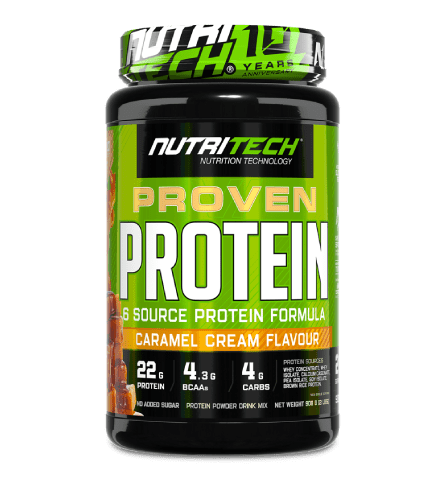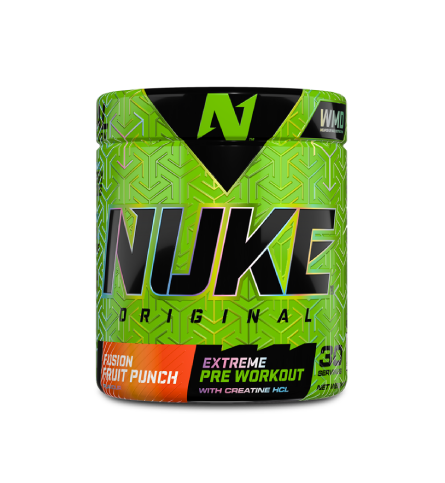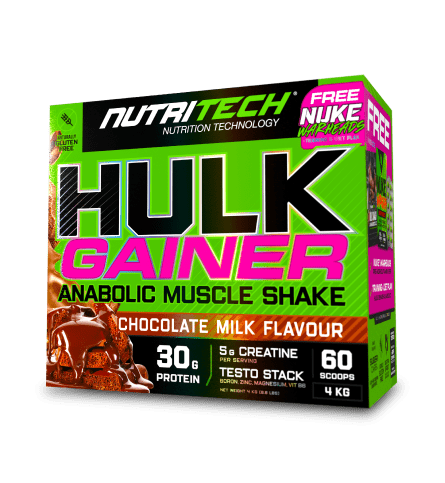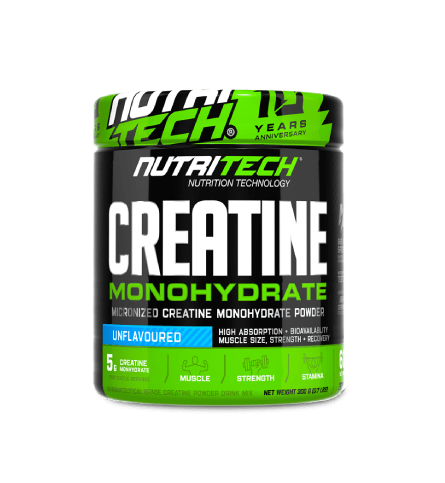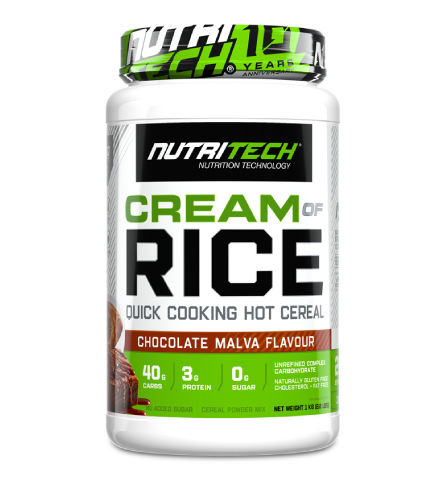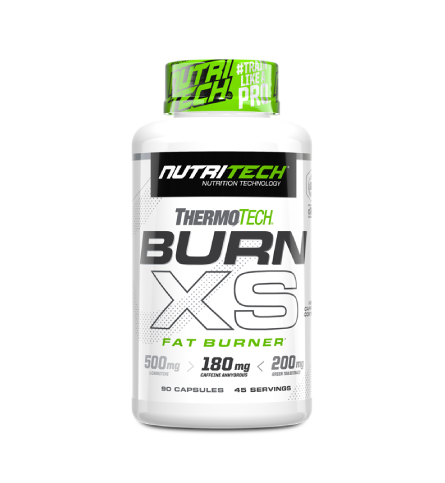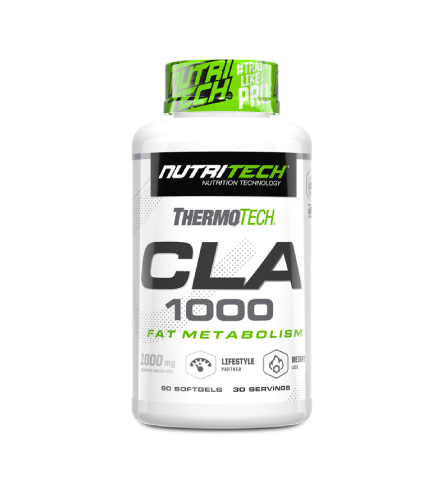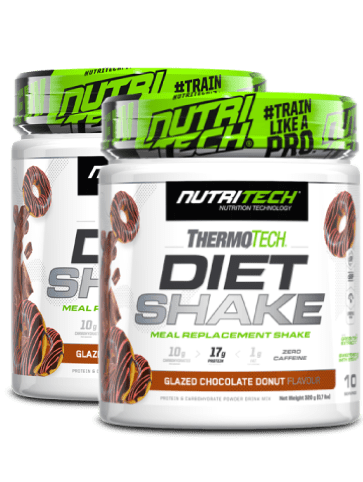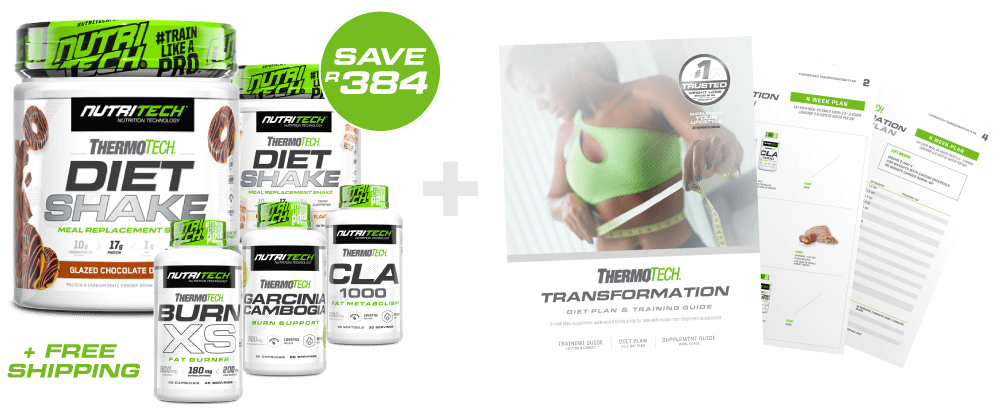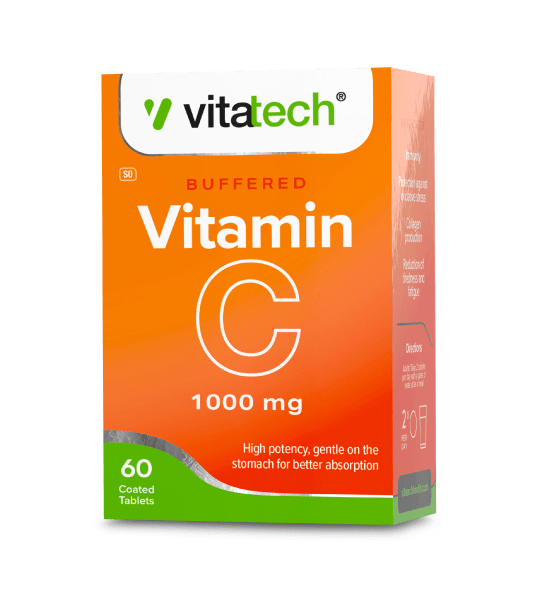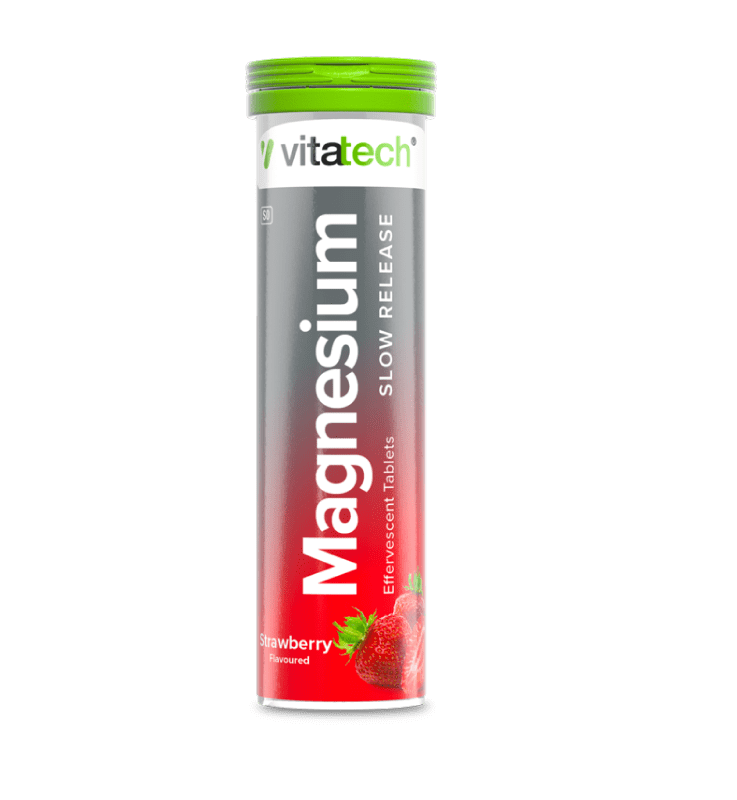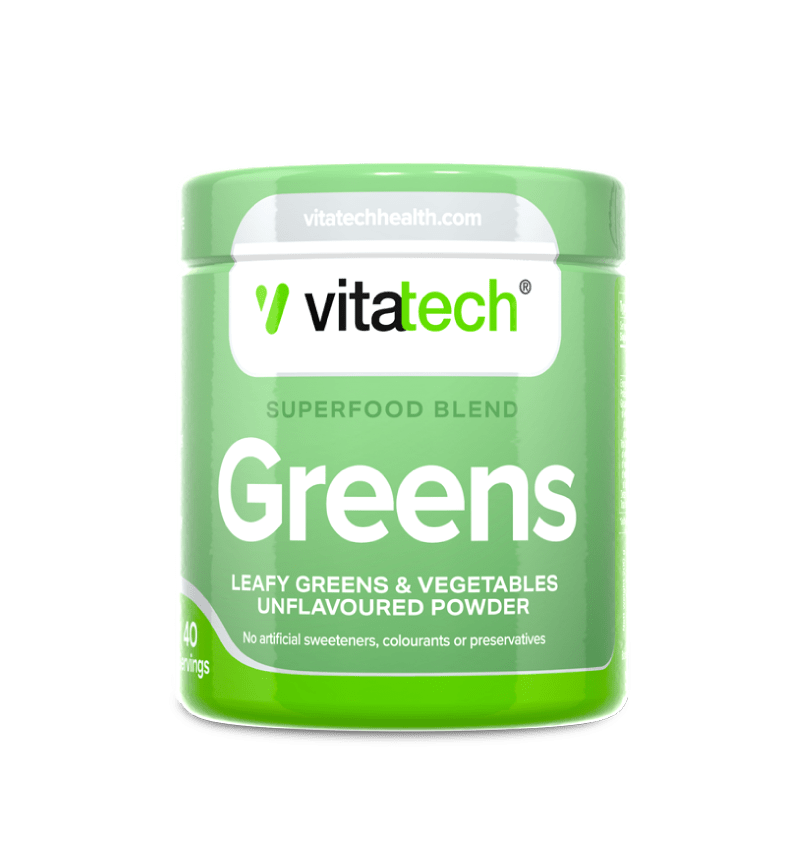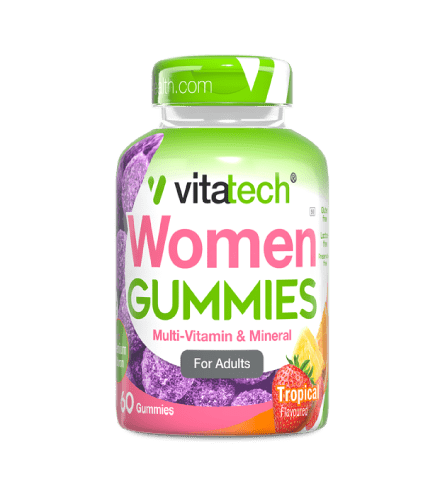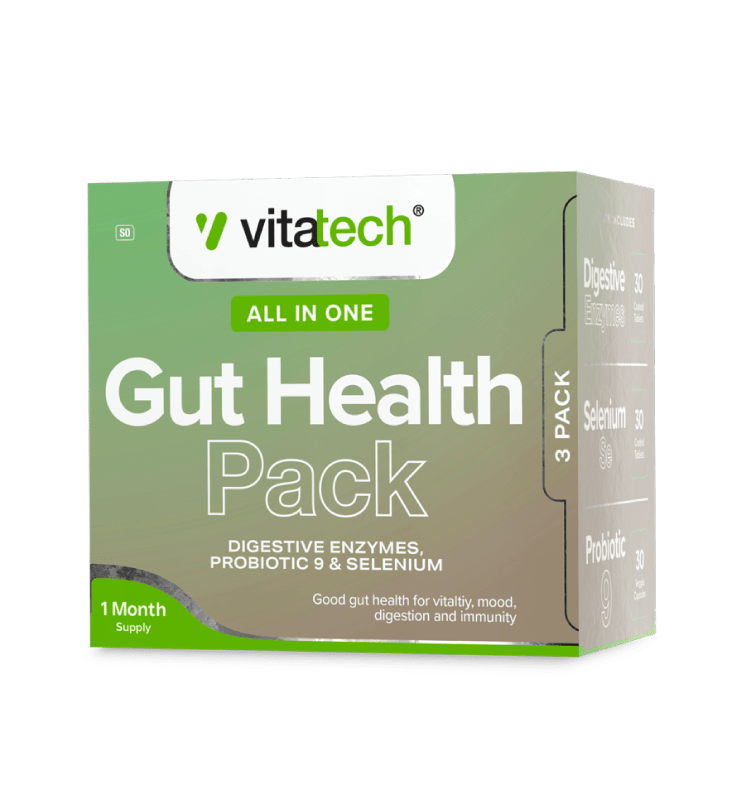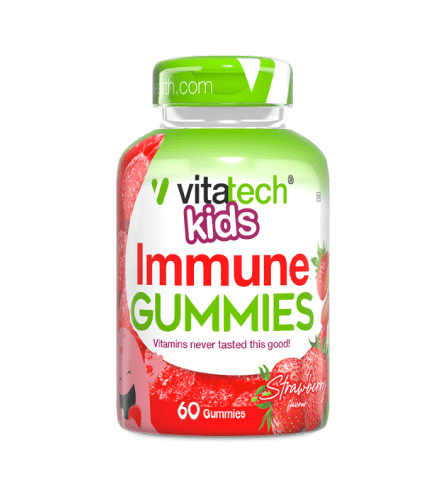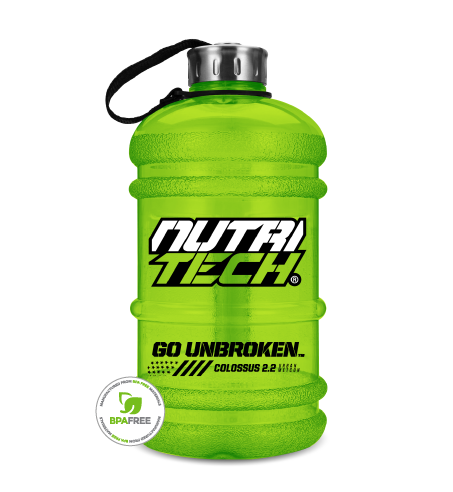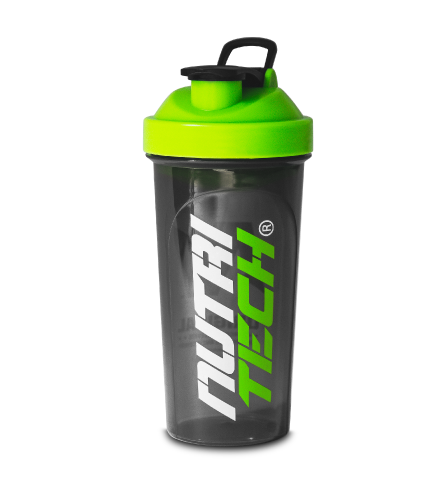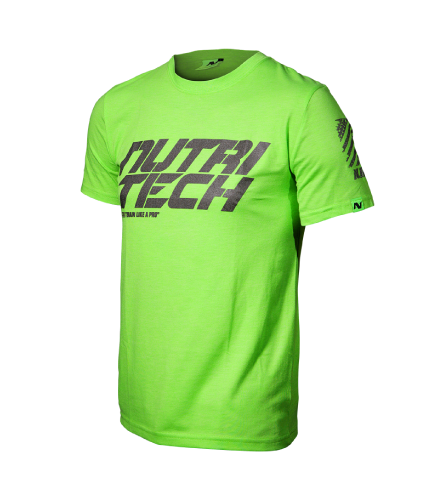Doping in Sport: Unraveling the Unlikely Odds of Performance Enhancing Drugs in your Supplements
Introduction
In the world of sports and fitness, the use of performance-enhancing drugs (PEDs), including steroids and selective androgen receptor modulators (SARMs), is a serious concern. The unintentional consumption of these substances through contaminated supplements is often raised as a defense by athletes who test positive in drug tests. However, it is crucial to examine the factors that make it highly improbable for athletes to unknowingly consume PEDs in their supplements. Financial and ethical considerations, coupled with the banned status and detrimental health effects associated with these substances, provide a compelling argument against their intentional inclusion in health and sports supplements.
The Chances of Your Supplements being Contaminated
The chance of athletes unknowingly consuming PEDs through contaminated supplements is extremely low, given the financial, ethical, and health-related factors involved. Responsible supplement manufacturers prioritize quality control, adhere to regulations, and prioritize customer safety. The strict regulatory framework, coupled with the well-documented health risks associated with PEDs, renders it highly unlikely for reputable companies to intentionally include these substances in their products. Athletes must make informed choices, support trustworthy manufacturers, and prioritize their long-term health and performance goals.
-
Financial Implications: Supplement manufacturers operate within a competitive industry, where gaining consumer trust and loyalty is paramount. Intentionally adding PEDs to their products would not only violate regulations but also pose significant financial risks. Legal repercussions, brand damage, and loss of consumer trust far outweigh any short-term benefits of including illicit substances.
-
Ethical Responsibility: Responsible supplement manufacturers prioritize the well-being and safety of their customers. Intentionally incorporating PEDs into supplements would violate ethical standards due to their banned status and well-documented health risks. Reputable companies, like NUTRITECH, invest in rigorous quality control processes and adhere to regulatory guidelines to ensure the integrity and safety of their products.
-
Regulatory Framework: Organizations such as the World Anti-Doping Agency (WADA) have established strict guidelines and testing protocols to combat the use of PEDs in sports. These regulations serve as a deterrent to supplement manufacturers, reinforcing the importance of compliance and ensuring that reputable companies steer clear of including banned substances in their products.
-
Health Risks: Numerous studies have linked the use of PEDs to severe health consequences, including an increased risk of cancer, cardiovascular diseases, liver damage, and hormonal imbalances. These risks undermine the purpose of health and sports supplements, which are intended to support performance, recovery, and overall well-being. Ethical supplement manufacturers prioritize the long-term health of their customers and would not intentionally include substances with known detrimental effects.
-
Quality Control Measures: Reputable supplement companies, like NUTRITECH, implement stringent quality control measures to mitigate the risk of contamination. They work closely with trusted suppliers, conducting rigorous testing on raw materials to ensure purity and authenticity. Independent third-party testing by certified laboratories further verifies the absence of PEDs, providing customers with peace of mind.
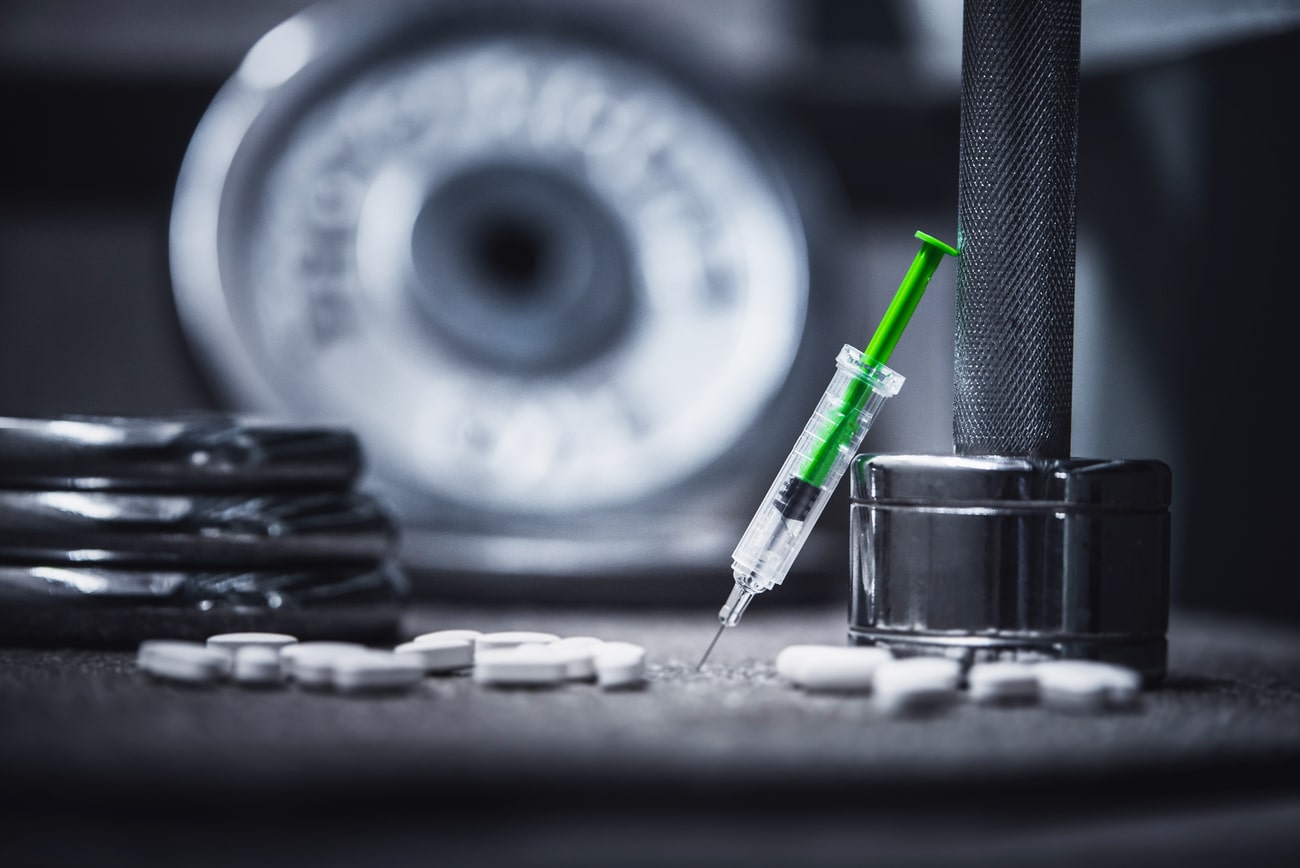
Why Would an Athlete be Tempted to Use PEDs?
While the unlikelihood of supplement contamination with PEDs is established, it is crucial to acknowledge the complex factors that can drive some athletes to knowingly consume these substances. Competitive pressure, misconceptions, peer influence, and a lack of education and support can all play a role in athletes’ decision-making process. Addressing these underlying issues and promoting a culture of clean, fair, and educated performance is vital to mitigate the allure of PEDs and safeguard the integrity of sports.
- Competitive Pressure: In the highly competitive world of sports, athletes face immense pressure to perform at their best. The pursuit of success, fame, and recognition can sometimes push individuals to seek any advantage they believe will elevate their performance. This drive to gain a competitive edge can lead some athletes to consider PEDs as a shortcut to achieving their goals.
- Increased Muscle Mass and Strength: PEDs, such as anabolic steroids, can promote protein synthesis and increase nitrogen retention in the muscles. This can lead to significant gains in muscle mass and strength beyond what can be achieved naturally through training and nutrition.
Negative Side Effects – Steroids: Liver damage, cardiovascular issues (e.g., high blood pressure, increased risk of heart disease), hormonal imbalances (including decreased natural testosterone production), acne, hair loss, and potential psychiatric effects such as aggression or mood swings. - Enhanced Endurance and Stamina: Some PEDs, including erythropoietin (EPO) or blood doping, can stimulate the production of red blood cells, resulting in improved oxygen-carrying capacity. This can enhance endurance and delay the onset of fatigue during prolonged athletic activities.
Negative Side Effects – EPO: Increased blood viscosity, which can lead to blood clots, stroke, or heart attacks. Elevated hematocrit levels may strain the cardiovascular system and increase the risk of cardiovascular events. - Accelerated Recovery and Reduced Fatigue: Certain PEDs, such as human growth hormone (HGH) or selective androgen receptor modulators (SARMs), may aid in tissue repair, reduce inflammation, and speed up recovery from intense training sessions or injuries. This can allow athletes to train more frequently and intensely, leading to faster progress.
Negative Side Effects – HGH: Acromegaly (excessive growth of bones and tissues), joint and muscle pain, fluid retention, carpal tunnel syndrome, increased risk of diabetes, and potential adverse effects on organs and tissues.
Negative Side Effects – SARMs: Hormonal imbalances, liver toxicity, potential cardiovascular risks, suppression of natural testosterone production, and other androgen-related side effects such as acne, hair loss, or increased aggression. - Improved Focus and Aggression: Stimulant-based PEDs, such as amphetamines, can increase alertness, focus, and aggression. This may provide an advantage in sports that require quick reaction times, concentration, and a competitive mindset.
Negative Side Effects – Stimulant-based PEDs: Increased heart rate, elevated blood pressure, cardiovascular complications, anxiety, insomnia, dependency or addiction, potential mental health effects (e.g., irritability, paranoia), and impaired cognitive function. - Increased Oxygen Utilization: Some PEDs, like GW1516 (cardarine), have been claimed to enhance fat burning and improve endurance performance by increasing the body’s ability to utilize oxygen. However, the use of GW1516 is associated with serious health risks, including potential cancer risks.
Negative Side Effects – GW1516: Studies were discontinued due to its potential to cause cancer in laboratory animals. The long-term effects on humans are uncertain, and its use is strongly discouraged due to the associated cancer risks.
It is crucial to emphasize that the use of PEDs is highly discouraged due to the severe health consequences and ethical concerns associated with them. Moreover, most sporting organizations, including the World Anti-Doping Agency (WADA), strictly prohibit the use of PEDs, and athletes who test positive for banned substances can face severe penalties, including bans from competition.
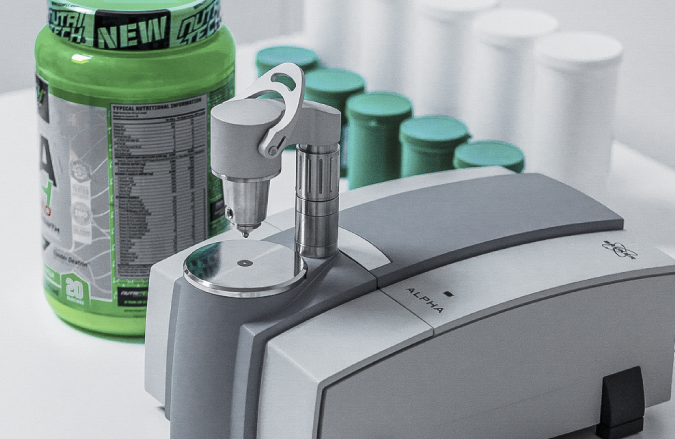
Fair Play and Commitment to Drug-Free Sport
At NUTRITECH we remain comitted to drug-free sport and believe in “fair play”. We encourage athletes to pursue their performance goals through legal and ethical means, including proper training, nutrition, rest, and seeking guidance from qualified professionals in their respective fields, while prioritizing their long-term health and integrity by adhering to anti-doping regulations.





